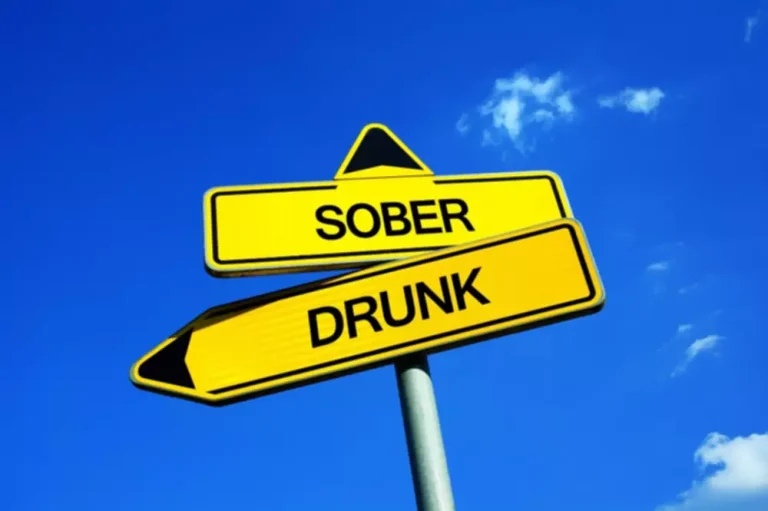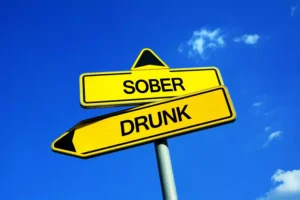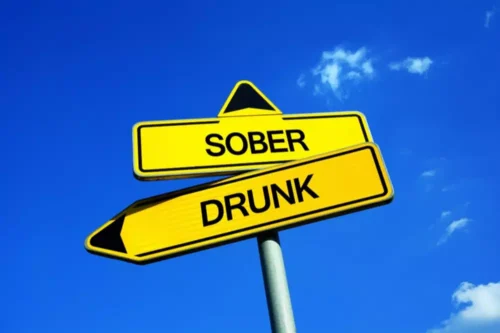What is the Cycle of Addiction and How to Break It

Individuals in this stage may find themselves constantly Substance abuse thinking about their next opportunity to use, planning how to obtain the substance, or reminiscing about past experiences of intoxication. During this stage, the brain’s reward system goes into overdrive, flooding the body with feel-good chemicals like dopamine. It’s like hitting the jackpot on a slot machine – the rush is intense, and you can’t help but want more.
Synthetic Drugs

In the sections below, we will look at each of these parts of the addiction cycle. Dealing with it can feel impossible, but with professional help, you can be better equipped to conquer your addiction. Working out, staying active, and engaging in hobbies are tools to help us keep our minds clear and our bodies healthy. Reach out to us today by calling us or scheduling a conversation at a time that works for you. There are resources available to help guide you through the treatment process.
- However, relapse is also a critical point where intervention, support, and learning from the experience can help the person get back on track.
- When the drug is removed, the brain’s compensatory mechanisms are thrown out of whack, resulting in withdrawal symptoms.
- Every person’s experiences are a bit different, but nearly all of them will have some level of the following cycle.
- The difference between a slip-up and a full-blown relapse is that with a slip-up, the individual has not yet developed a tolerance or physical dependence to the drug and can quickly take active steps to discontinue drug use.
- With a decade of experience in producing content for drug rehabilitation centers, Ben has developed a deep understanding of the challenges and triumphs in this sphere.
#2: Experimentation
Recovery Connection is the ultimate addiction recovery resource portal for information on the latest treatments, centers, and programs. Whether you’re looking for treatment or for aftercare options, we can point you in the right direction. I stumbled into education serendipitously, but now learning feels so fundamental to my well-being and integral to my recovery. Education has given me the growth and power to visualize and reach my goals.
Addiction Treatment

At The Recovery Village Rehab Centers, we take the extra steps to treat your addiction or mental health needs by offering a full continuum of care. From medical detox to rehab to aftercare, we are focused on supporting your recovery every step of the way. As the landscape of addiction treatment evolves, integrating holistic approaches and expanding access to care remain priorities. The role of therapeutic interventions, particularly CBT and group therapy, continues to be a critical component of comprehensive addiction treatment plans, offering individuals the tools and support necessary for successful recovery. Breaking the cycle of addiction is a multifaceted process that requires a combination of professional intervention, support, and personal commitment to recovery.
This phenomenon can happen with various substances, but it is particularly notable with alcohol and opioids. In these cases, the body’s adaptive mechanisms reduce the drug’s impact over time, which can lead to higher consumption levels as the user tries to recapture the drug’s initial effects signaling a dependence on the choose the correct cycle of addiction. drug. The physiological aspect of drug dependence refers to the body’s physical response to a drug. It often involves changes in the body’s metabolic processes or the functioning of receptors targeted by the drug.
- Such research has the potential to identify common neurobiological mechanisms underlying substance use disorders, as well as other related mental disorders.
- Its key characteristics can range from regular substance use to cravings and dependence, severe effects, loss of control, risky behavior, tolerance, social isolation, physical and mental health decline, etc.
- It’s like hitting the jackpot on a slot machine – the rush is intense, and you can’t help but want more.
- The reinforcing impact of substances diminishes with repeated use over time; this is the phenomenon of tolerance.10 Tolerance typically results in increased or more frequent substance use in chase of the original effect.
In this phase, the person struggling with addiction and dependence once again seeks out the substance of choice to reclaim what they feel is a normal emotional and physical state. Given its chronic and relapsing nature, addiction often requires a multi-faceted treatment approach. This can range from medical interventions like detoxification and medication-assisted treatment to behavioral therapies and long-term aftercare in an outpatient setting, even once sobriety is achieved. Even in the recovery stage, ongoing maintenance treatment is essential to manage cravings, prevent relapse, and address any co-occurring mental health conditions.

Identifying the stages of addiction can help you break the cycle of drug use and find the best treatment for your unique situation. The multiple stages of addiction can occur over a short period of time, or they can take months or even years to develop. A person who has only occasionally had a casual drink may, over years, develop a habit that can turn into an alcohol use disorder. Among the most effective therapeutic strategies is Cognitive Behavioral Therapy (CBT), widely used due to its strong empirical support. CBT helps individuals in addiction treatment to identify and challenge negative thought patterns, develop coping strategies, and alter behaviors that contribute to their substance use.